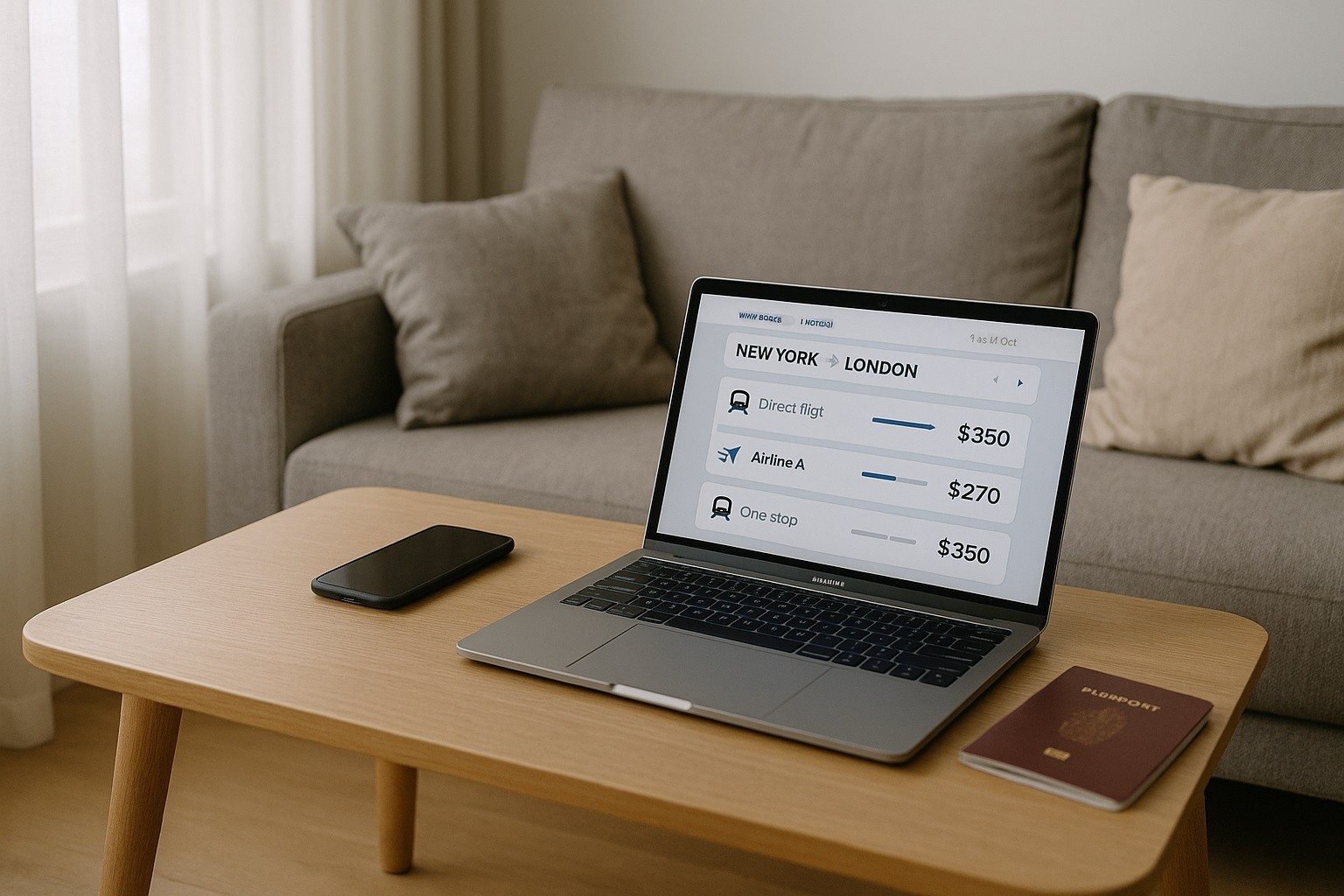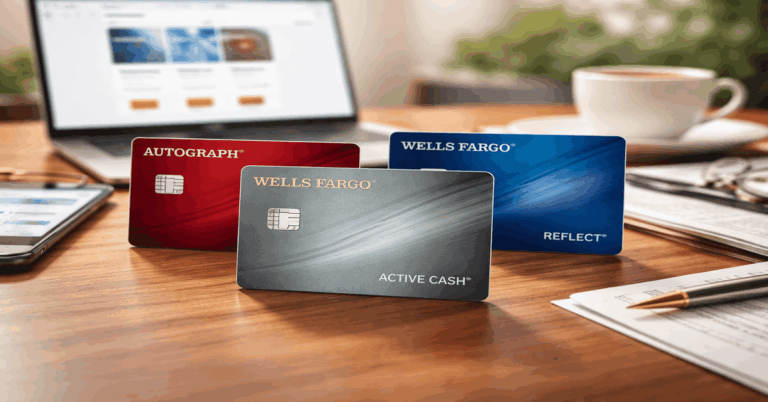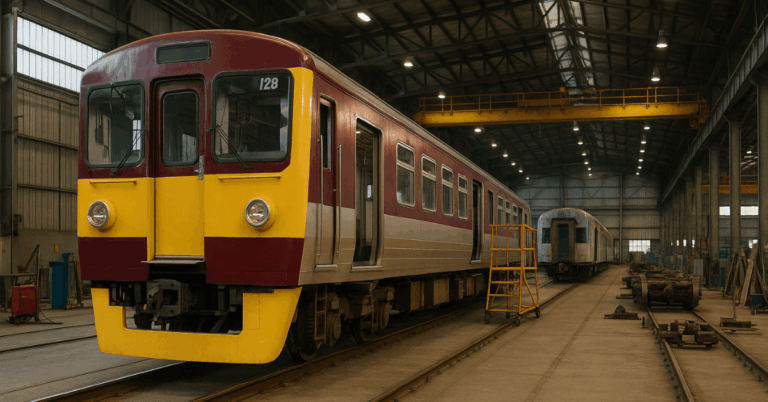You want a ticket at the price you first see. Extra fees, restrictive fare rules, and currency tricks can inflate that number fast.
Below is a clear guide to help you spot and avoid common add-ons across major rail markets in Europe, the UK, and the US.
Each point includes verified facts and sources so you can act with confidence.
What Makes Fees Feel “Hidden”
Some retailers add a service/booking fee on the last step. You compare prices on the search page, but the final total appears higher only at payment.
Trains are sold by many operators and resellers. Inconsistent layouts and labels make extras easy to miss.
Low headline fares often carry strict change/refund rules. The true cost only becomes clear when you try to modify.
Physical tickets, SMS tickets, or certain pickup options can add a ** fulfilment fee**. The label is vague and easy to overlook in totals.
Book Direct When Possible
Third-party retailers can be convenient, but many add a booking fee on top of the operator’s price.
Trainline discloses a booking fee on most UK journeys, with a minimum of £0.59 and a maximum of £2.79.
Rail Europe, another large reseller, also adds a non-refundable booking fee. In 2025 it ranges roughly £2.99–£6.45 / €7.45 / $8.45 per cart.
You avoid those fees by booking with the train operator or a national portal when they sell the same ticket.
Disclosure
The UK rail regulator has pressed for clearer disclosure of such fees.
A 2024 Office of Rail and Road (ORR) letter to Rail Europe questioned why mandatory booking fees were not included up-front.
They told the company to make fee information easier to find. That scrutiny is a signal to you to check fee pages before you commit.
Watch Seat-Reservation Charges
In Germany, seat reservations on ICE/IC trains are usually optional and not included with most second-class tickets.
Deutsche Bahn sells reservations from €5.50 in second class, with specific prices by class and booking timing shown on DB’s site.
If you expect busy trains, add the reservation during purchase to avoid separate checkout fees later.
DB has adjusted reservation pricing in recent years, and changes can lift costs slightly for families who used a discounted family reservation.

Learn Each Operator’s Refund and Change Rules
The main operators in the US, France, and Germany have rules you must know.
Amtrak (US)
Most fares allow fee-free changes, but fare difference applies.
Refunds depend on fare type, with stricter rules for Saver and special products like Private Rooms that carry escalating forfeiture as departure nears.
Read the policy and avoid non-refundable categories if your plans are fluid.
SNCF (France)
SNCF Connect sets cutoffs (for example, non-exchangeable and non-refundable from 30 minutes after departure on certain tickets).
OUIGO sells optional OUIGOFLEX to enable changes by paying any fare difference.
Check these conditions before clicking on add-ons that look cheap but may not fit your trip.
Germany (DB)
Super Saver fares are cheap but non-refundable; “Saver” fares allow cancellations for a set fee.
If flexibility matters, compare the fee versus the price jump to a flexible ticket. DB lists these conditions next to each fare type.
Mind “Optional” Insurance and Protection Plans
Many sellers offer travel insurance, “cancel for any reason,” or “trip protection” at checkout.
These are extra products with their own fees and exclusions, and they may duplicate rights you already have.
Trainline offers “Protect” and “Cancel for Any Reason” products with separate claims processes, and Rail Europe sells protection as a percentage of the ticket price.
Read the coverage and exclusions, and buy only if it adds value beyond the operator’s own refund policy.
Avoid Currency Conversion Traps When Paying
When you book international rail, you may see an offer to pay in your home currency instead of the local one.
That is dynamic currency conversion (DCC), and it usually adds hidden mark-ups.
Visa advises declining DCC if you cannot see all required details or feel pressured; pay in local currency and let your card issuer handle conversion.
Also, check your card’s foreign transaction fee, often 1–3%. Using a no-FX-fee card reduces costs further.
Use Official Discount Programs Instead of “Mystery” Savings
In Britain, Railcards cut most fares by one-third for eligible travelers.
Digital Railcards cost about £35 per year (some are £20), and several categories exist (26–30, Senior, Family & Friends, Network Railcard, and more).
Germany’s BahnCard products provide percentage discounts on DB fares; if you travel often, compare the annual price with expected savings before buying.
These official discounts beat ad-hoc promo gimmicks and are recognized across operators.
Know When Split Tickets are Allowed—and Their Limits
“Split ticketing” can lower UK costs by breaking one trip into legal segments.
It is allowed under the National Rail Conditions of Travel as long as your train stops at the split points or you meet the stated criteria.
Automated split tools may charge a service fee on the savings. Verify the stop pattern and the combined total before purchase.
Understand Your Passenger Rights for Delays and Cancellations
In the EU, Regulation (EU) 2021/782 sets core rights for rail passengers, with limited national exemptions.
This includes information duties, care in disruptions, and compensation rules set by each operator under EU law.
Knowing these rights helps you claim what you are due without paying third parties.
In Great Britain, you can claim compensation under Delay Repay schemes run by train companies or seek a refund from the retailer.

Red Flags at Checkout
Fees that appear late in the flow (service, booking, “fulfilment”). The ORR has criticized poor disclosure—so click “pricing details” before paying.
Pre-ticked extras (insurance, seat selection, flexible options). Untick unless you need them. Check the value and exclusions first.
Currency set to your home currency on an overseas site. Switch to local currency to avoid DCC mark-ups.
Bottom Line
You avoid hidden charges by booking direct where possible, checking fare conditions, and saying no to optional extras that do not serve your trip.
When things go wrong, rely on passenger rights and the operator’s own refund and compensation routes rather than paid intermediaries.
Use the steps above each time you book, and you will keep your train costs transparent and under control.











